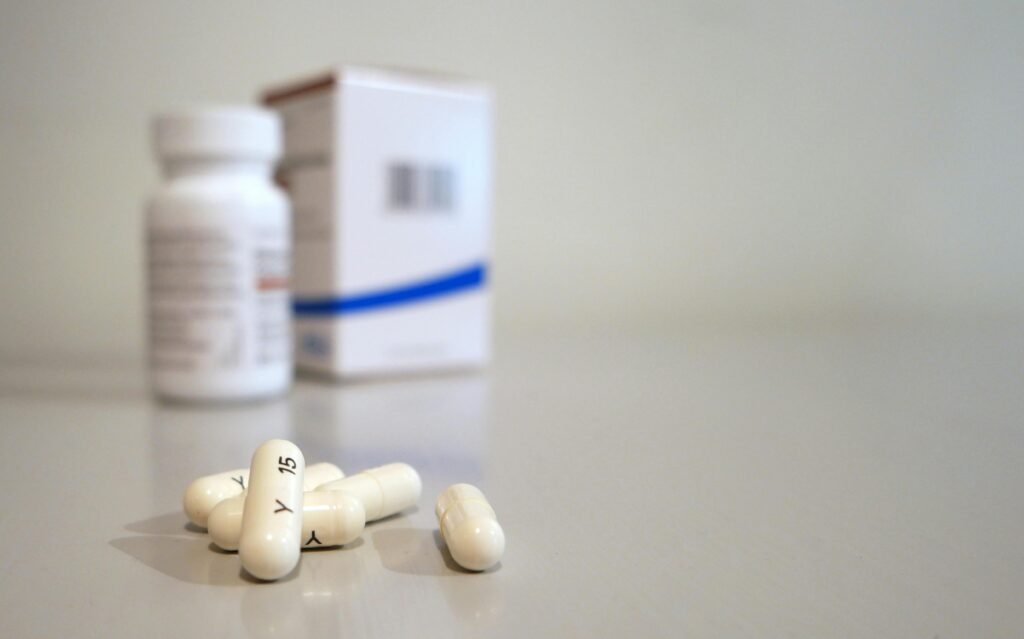I’m sure you’ve heard of Ozempic, a medication used for both weight loss and type-2 diabetes management. There have been plenty of news stories and controversies surrounding Ozempic (and its similar drug, Wegovy). A global supply deficit, tweets about Elon Musk using it, permission for adolescent weight loss in the United States. Once Oscar host Jimmy Kimmel sparked the amusement after joking about it as a weight loss formula by Hollywood A-listers.
However, how much do we actually need the medication like Ozempic?
What is Ozempic?
Ozempic (generic name: semaglutide) is an injectable drug administered once in a week to help people with Type-2 diabetes control their blood sugar levels, and it got authorized to treat diabetes in 2017. Doctors may also prescribe ozempic off-label for weight loss. However, ozempic is not FDA approved for this purpose, but it is the same medication as Wegovy, which was approved by the U.S. Food and Drug Administration (FDA) in 2021 as an anti-obesity medication.
How does it work, and will it be useful in weight loss?
An injection of ozempic is administered once a week into the upper arm, belly, or thigh. This particular medication belongs to a class of drugs known as “GLP-1 receptor agonists,” or simply “GLP-1 medications.” These drugs imitate glucagon-like peptide (GLP-1), a hormone that is secreted from the digestive tract and helps decrease blood sugar levels while enhancing a feeling of fullness.
Benefits of Ozempic
When you first take Ozempic, you can lose weight in the first week or two. Higher dosages of Ozempic, or 2.4 milligrams of semaglutide, have actually been shown in studies to be highly beneficial for helping obese individuals lose weight.
However, losing weight isn’t the only advantage of Ozempic; there are several others:
- Manage blood sugar level
- Manage cholesterol levels
- Manage blood pressure
- Decrease the chances of serious cardiovascular problems, such as heart attacks and strokes.
Side effects of Ozempic
Ozempic slows down digestion; therefore, you could have gastrointestinal problems and adverse effects such as:
- Diarreha
- Vomiting or nausea
- Bloating
- Constipation
- Abdominal pain
Other serious side effects may include:
- Low blood sugar
- Pancreatitis
- Diabetec rationopathy (damage to your eyes due to diabetes)
- An allergic reaction
- Kidney issues
- Fatigue and dizziness
- Gallstones and inflammation of gallbladder
Who should avoid taking Ozempic?
Ozempic is not suitable for every user. It shouldn’t be taken for weight loss if any of the following describes you:
- Type 1 diabetes
- Renal illness or other problems related to kidney
- Pancreatitis
- Retinopathy linked to diabetes
- Pregnant or breastfeeding
- Are younger than 18 years old
- A personal or family-related history of thyroid problems, including medullary Thyroid Cancer (MTC)
- A personal or family-related history of endocrine problems, including Multiple Endocrine Neoplasia (MEN)
Negative interaction of Ozempic with other drugs
The efficacy of Ozempic or other medications may be impacted when they interact with each other. Some of the possible interactions of Ozempic include:
- When combined with other diabetes drugs, Ozempic may raise the risk of hypoglycemia, or low blood sugar. Your insulin dosage may need to be decreased by your doctor.
- Antimalarial drugs like hydroxychloroquine and chloroquine. This combination can further reduce blood sugar when taken with Ozempic.
- Warfarin’s (anticogulant) effectiveness may be decreased by Ozempic.
- Antibiotics like clarithromycin. Blood sugar can be further lowered by this interaction.
- Drugs for heart failure, like digoxin. Ozempic may reduce the effectiveness of digoxin.
- Drugs that prevent seizures, like phenytoin. Ozempic might have an effect on phenytoin’s efficacy.
Foods to avoid while taking Ozempic
Ozempic is meant to be used along with regular exercise and a balanced diet.
During your Ozempic treatment, it is advisable as a general guideline to restrict the following food items:
Items that have added sugar, like:- Candy, sugar-sweetened beverages, like soft drinks, and several fruit drinks
- Sweets such as cookies, cakes, and ice cream
- Cereals for breakfast and breakfast bars
Foods that are high is saturated fats, like:
- High-fat or full-fat dairy products
- Butter
- Processed or cured meat
- Meats, particularly beef, pork, or lamb
- Fried food
Products that are high in sodium, such as:- lots of pre-packaged or canned products, including frozen dinners or canned soups and veggies
- Processed and cured meat
- Alcohol (if you drink)

